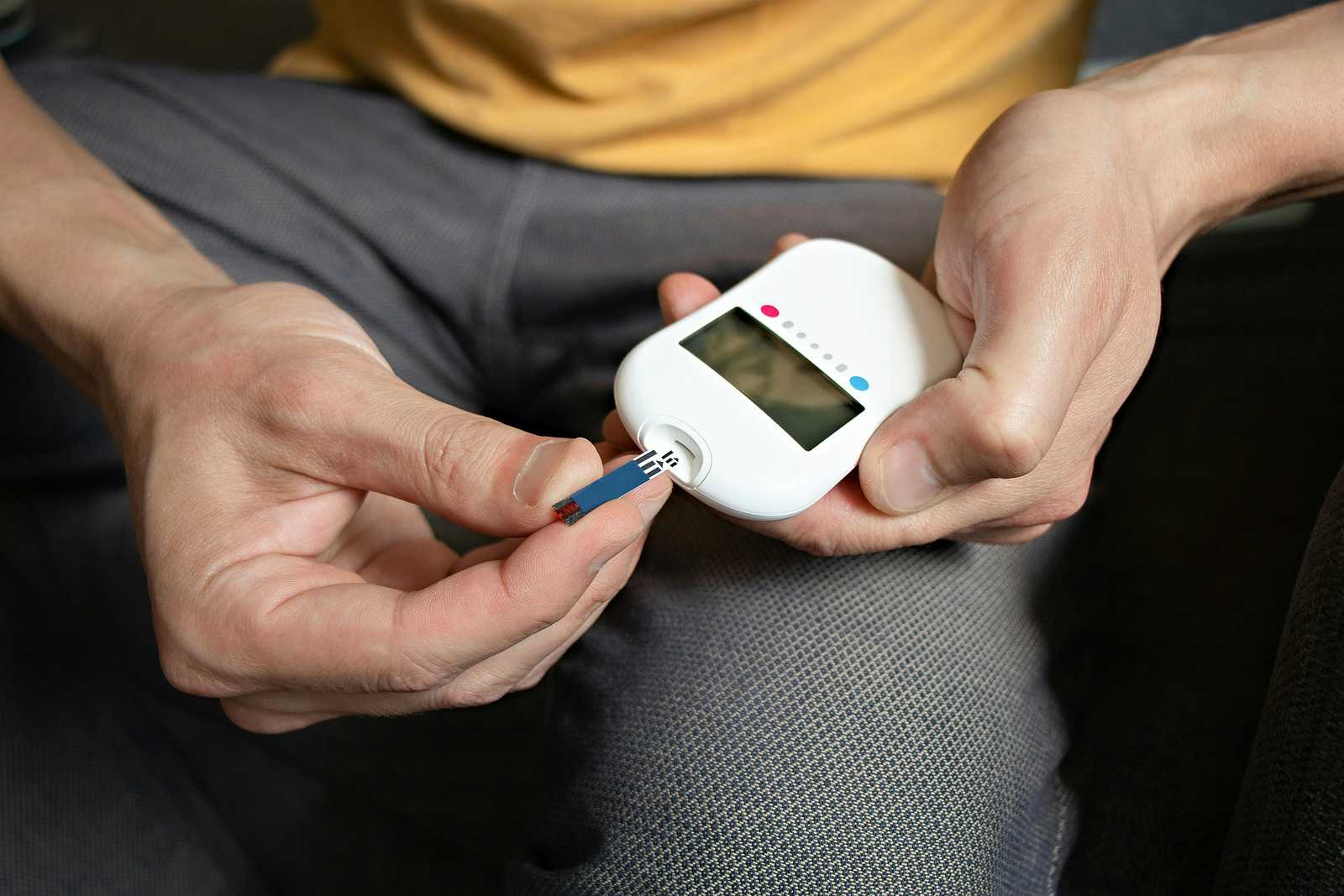
If you have been told your blood sugar may be too high, whether or not you have diabetes, you may be looking for foods that could lower it. Sugar, honey and maple syrup all raise blood sugar. What about the natural sugar substitute xylitol?
How Does the Natural Sugar Substitute Xylitol Affect Blood Sugar?
Q. A while ago I was diagnosed as pre-diabetic. My weight was normal, and I thought I was pretty good at limiting sugar. However, my dad and grandfather were both diabetic in later life, despite physically active jobs.
Anyhow, no way did I want to do daily blood tests and possibly even injections. I cut back even more on sugar, and now I am no longer testing as pre-diabetic.
I do like cocoa and was drinking an occasional cup made with unsweetened cocoa powder and low-fat milk added. Recently, I’ve tried adding xylitol to it and really enjoy the sweet taste. What do you think about the natural sugar substitute xylitol?
It does seem strange to me to be drinking something apparently squeezed out of a birch tree. On the other hand, my husband loved maple syrup, and I never thought that was a strange flavor source.
How Xylitol Affects Blood Sugar:
A. Xylitol is a natural sweetener found in plants and birch bark. Unlike sugar, xylitol has little impact on blood sugar or insulin levels (Foods, Nov. 2, 2020). If you enjoy it in your cocoa, there is no reason to avoid it completely. The fact that it barely raises insulin levels in humans is very important (American Journal of Physiology, Endocrinology and Metabolism, June 1, 2016). In his forthcoming book Metabolical, Dr. Robert Lustig explains how high insulin levels can contribute to several chronic diseases.
Do be careful about the dose, though. Like most sugar substitutes, xylitol can have a laxative effect. Too much could cause diarrhea or aggravate irritable bowel syndrome (Applied Microbiology and Biotechnology, Sep. 2020).
Be sure to keep xylitol well away from pets. It is extremely toxic to dogs because it does raise their insulin levels dangerously high (Topics in Companion Animal Medicine, Feb. 2013).
Citations
- Ahuja V et al, "Biological and pharmacological potential of xylitol: A molecular insight of unique metabolism." Foods, Nov. 2, 2020. DOI: 10.3390/foods9111592
- Wölnerhanssen BK et al, "Gut hormone secretion, gastric emptying, and glycemic responses to erythritol and xylitol in lean and obese subjects." American Journal of Physiology, Endocrinology and Metabolism, June 1, 2016. DOI: 10.1152/ajpendo.00037.2016
- Benahmed AG et al, "Health benefits of xylitol." Applied Microbiology and Biotechnology, Sep. 2020. DOI: 10.1007/s00253-020-10708-7
- Peterson ME, "Xylitol." Topics in Companion Animal Medicine, Feb. 2013. DOI: 10.1053/j.tcam.2013.03.008

